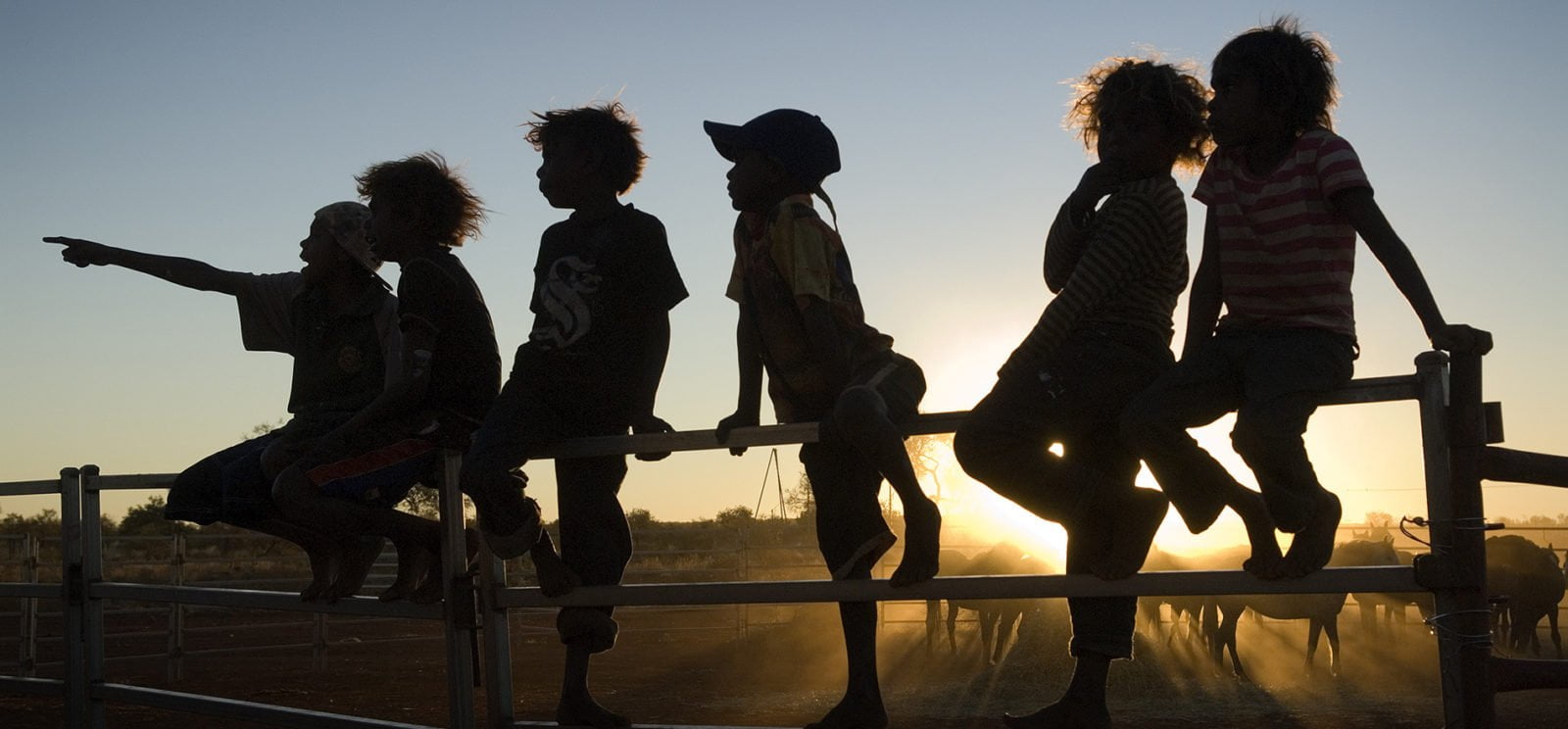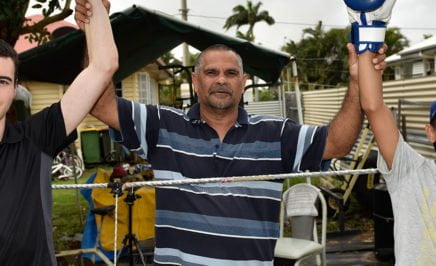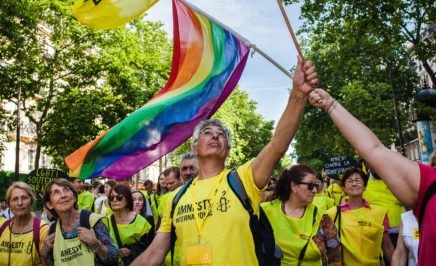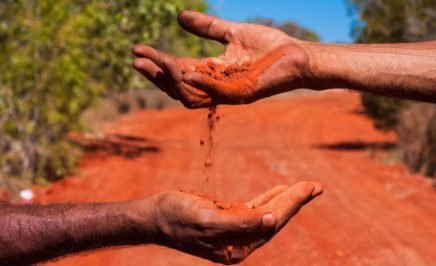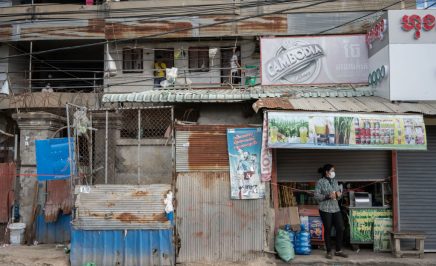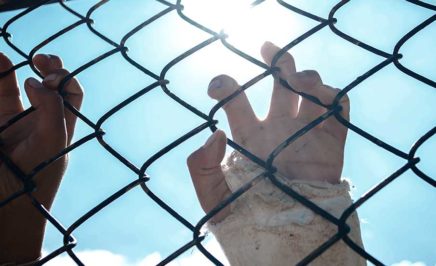Red Dust Healing in Townsville works in detention centres and schools to deliver cultural healing programs for children at risk of being sent to prison, with a focus on dealing with rejection and providing positive role models.
Randall Ross is the proud Juru/Erub and Kanaka man behind Red Dust Healing. Here he talks about why Indigenous-led programs are key to keeping kids happy and healthy, and why our government needs to support Indigenous leaders to make their solutions a reality.
© Wayne quilliam / AI
“Red Dust gives young people the tools to fix the problems in their own lives. We provide people with an opportunity to identify the rejection in their lives and name it so they can then begin healing using cultural tools. We know that once we address these issues, then we can start to heal our generations.
Red Dust uses concepts like the tree and the pouch of a kangaroo to teach young people about identity, responsibilities, relationships and problem solving. We empower people to make the right choices for them and their families.
Our motto is: ‘When the dust is settled on our lives all we get to keep and take with us is our dignity, our integrity and the love and respect we share with people.’”
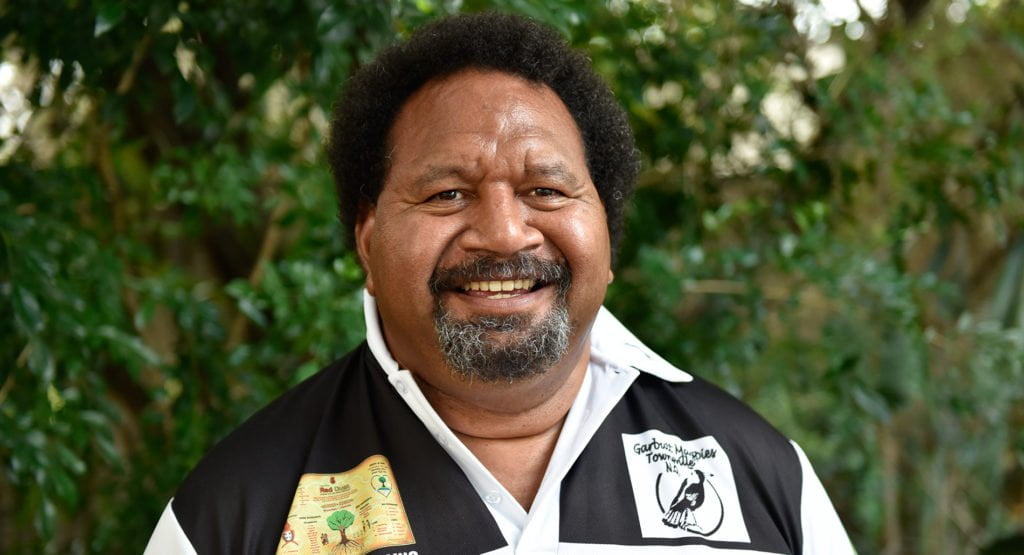
Our motto is: ‘When the dust is settled on our lives all we get to keep and take with us is our dignity, our integrity and the love and respect we share with people.’
Randall Ross
How does Red Dust help children stay out of the justice system?
“We had a huge success with our program in Cleveland Youth Detention Centre. In 2006, we ran the program there with 40 boys.
Their progress was monitored for two years: none of the children returned to detention in that time and only eight boys reoffended, on minor offences.”
Why is culture important for young people?
“Culture is about knowing where you come from. Many of our young people don’t have the opportunity to experience their culture.
Many of them are looking for identity, but don’t know where to look. And we always say, if you do not know where you come from, then how are you supposed to know where you are going?”
“Many of them are looking for identity, but don’t know where to look. And we always say, if you do not know where you come from, then how are you supposed to know where you are going?”
Randall ross
“Our children need to see their own people running programs. Many of our own people have been through the experiences that young people are going through today.
It’s important that Indigenous people run them for our people because many mainstream organisations don’t understand the transgenerational hurt of our people. They may know our history, but they’ve never felt it. We use that same feeling and experience to help our next generation.”
We’re calling on the Queensland Government to fund more Indigenous-designed and led programs for kids at risk of being sent to prison.
Read more in our latest research report.
